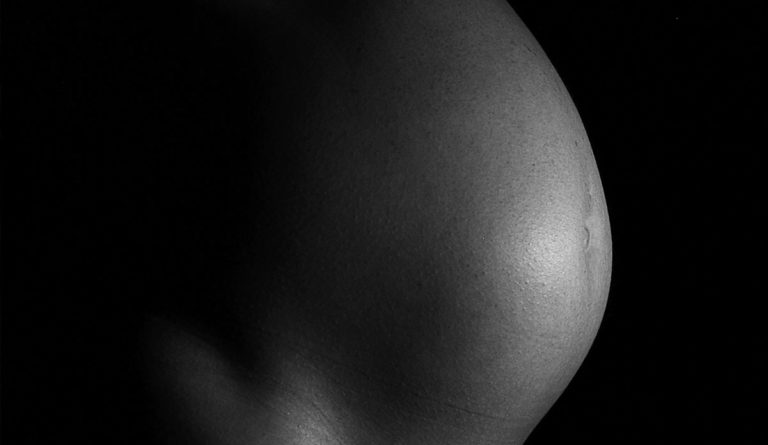Doula Support for Women in Underserved Communities
Often, the services of a doula are not covered by insurance, meaning that the support is restricted to women who know about it and can afford to pay for it.

Read Time: 4 minutes
Published:
In many cultures, a woman giving birth is attended by other women—family members, neighbors, and others who bring their own experience to assist the laboring woman through her birth experience. This was the tradition in the United States until the 20th century, when birth became medicalized. Women began to have their babies in hospitals rather than at home, and family and friends were forbidden to stay with them. A backlash against these restrictions led to men’s being allowed to accompany their female partners in labor, but their lack of experience with childbirth often limited the support they could provide.
Enter the doula. A childbirth assistant, trained and experienced in birth, she (or sometimes, he) provides physical, informational, and emotional support to the laboring woman and any support person(s) who may be with her. The word “doula” derives from a Greek term for “female helper.” A doula may provide comforting touch to help her client deal with labor pains. She may help interpret the hospital environment, explaining the mysterious beeps and supporting her client in asking for more information or more time to make a decision. She may reassure the mother that what she’s experiencing is normal, and that she’s making great progress. Research has shown that doula support is associated with reduced cesarean birth, anesthesia use, postpartum depression, and preterm birth, as well as increased breastfeeding and birth satisfaction.
Too often, however, the services of a doula are not covered by insurance, meaning that the support is restricted to women who know about it and can afford to pay for it. The practical result has been that some of the people who would most benefit from the service—women of color and those living in areas of high poverty, who experience disproportionately high rates of poor birth outcomes—have been unable to obtain it.
The By My Side Birth Support Program (BMS) was created to address this issue. Operated by Healthy Start Brooklyn, a federally funded program based in the New York City Department of Health and Mental Hygiene’s Center for Health Equity, By My Side serves low-income Black and Latina women in central and eastern Brooklyn, who bear a disproportionate burden of infant mortality, preterm birth, low birthweight, and other challenges.
In many cultures, a woman giving birth is attended by other women—family members, neighbors, and others who bring their own experience to assist the laboring woman through her birth experience.
My colleagues and I recently published an article examining data from the program’s beginning in 2010 through 2015. In that time, BMS served more than 560 women, and 489 infants were born to program clients; 84.7% of these births were attended by a doula. Attrition was relatively low: 83.2% of the mothers remained in the program through graduation (defined as completing at least two postpartum visits), and in follow-up interviews with 244 clients, 96% said they would recommend the program or use it in a future pregnancy.
The results of our study were intriguing. Compared with overall outcomes in the program neighborhoods, By My Side clients had significantly lower rates of preterm birth (6.3% vs. 12.4%) and low birthweight (6.5% vs. 11.1%). However, contrary to many results in the literature, the rate of Cesarean birth was statistically similar (33.5% vs. 36.9%). Possible reasons for this include routine hospital practices in the program area, such as confining a woman to bed during labor, which may limit the influence a doula can have on mode of delivery. Other factors may include the challenges of pervasive poverty, community violence, and structural racism, which often show themselves in high levels of stress and chronic disease, such as obesity, high blood pressure, and diabetes.
We hypothesize that the relationship forged with a doula during prenatal home visits may lessen some of the stress a woman naturally experiences in challenging circumstances. This in turn may make her less likely to give birth prematurely, when her baby is less likely to survive and thrive.
The By My Side experience shows that low-income Black and Latina women in Brooklyn neighborhoods benefit from having doula support during pregnancy, childbirth, and the postpartum period. Providing access to free doula services may thus be an important way to address inequities in birth outcomes.
Image from David Mooring, 23 Weeks (detail), CC BY-NC-ND 2.0



